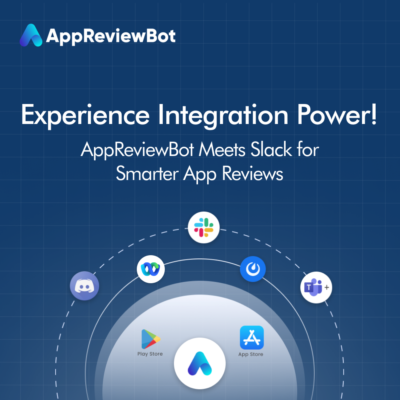When we think of innovation, we often think only about the creation of new technologies that empower or enable us to do things differently than before. But digital transformation and fintech innovation best-selling author Richard Turrin sees it as something much more fundamental. For Turrin, it’s anything that improves the relationship between people and technology.
That was the launching point of our recent conversation with Turrin for the inaugural Fintech Growth Talk.
One of Turrin’s most interesting and intriguing views, though, is where innovation will take place, or rather who will “own” Fintech innovation. When you look at Fintech’s history, that was traditionally the banks. The development of credit cards, for example, was purely a banking innovation that sought to enable faster and easier transactions.
In the Internet age, though, Fintech innovation has been led by startups like PayPal, Square, Zelle, etc., and global tech platforms like Amazon, Alibaba, and others in more recent years. In fact, it’s telling when platforms like Apple and Amazon obtain banking licenses and introduce solutions normally provided by banks such as credit cards and lending.
Given the shift away from banks being the source of innovation in the Fintech space, it’s clear that growth in this area is inextricably linked to growth in mobile innovation. And there’s one new area of innovation that’s likely to keep the two areas consistently joined:
Digital currencies.
The phrase “digital currency,” conjures up thoughts about Bitcoin, Ethereum, or any of the other so-called blockchain currencies that have seen a boom (and bust) in recent years. But there are other developments in this arena that only just beginning to come online, namely the development of digital fiat currencies.
To Turrin, that’s the next big leap in innovation, and they’re already being piloted in China and under serious consideration in Europe. The key difference in these initial experiments is that digital currencies are issued from central banks.
With fiat digital currencies, individuals don’t necessarily need a physical payment card; they don’t even need a bank in the traditional sense. But they do need their mobile phone, which will in part store and access funds and become a payment method even more widespread than what we have today with services like Apple Pay and Google Wallet.
Lastly, the push towards digital currencies and Fintech innovation has made all the more urgent by the COVID-19 pandemic, says Turrin. Consumer habits have changed as a result, and it’s nearly impossible they’ll revert back even once the pandemic is successfully managed globally. And as we know, consumer behaviors simultaneously drive and stifle change, and the current situation is likely to cement the relationship between innovation in Fintech and mobile.
Richard Turrin is a digital innovation and Fintech expert and author. His book The Innovation Lab is available on Amazon. His new forthcoming book China’s Digital Currency Revolution charts out the innovations that are driving China’s dominance in the Fintech industry.
Check out our full conversation with Richard Turrin here.





 0
0


